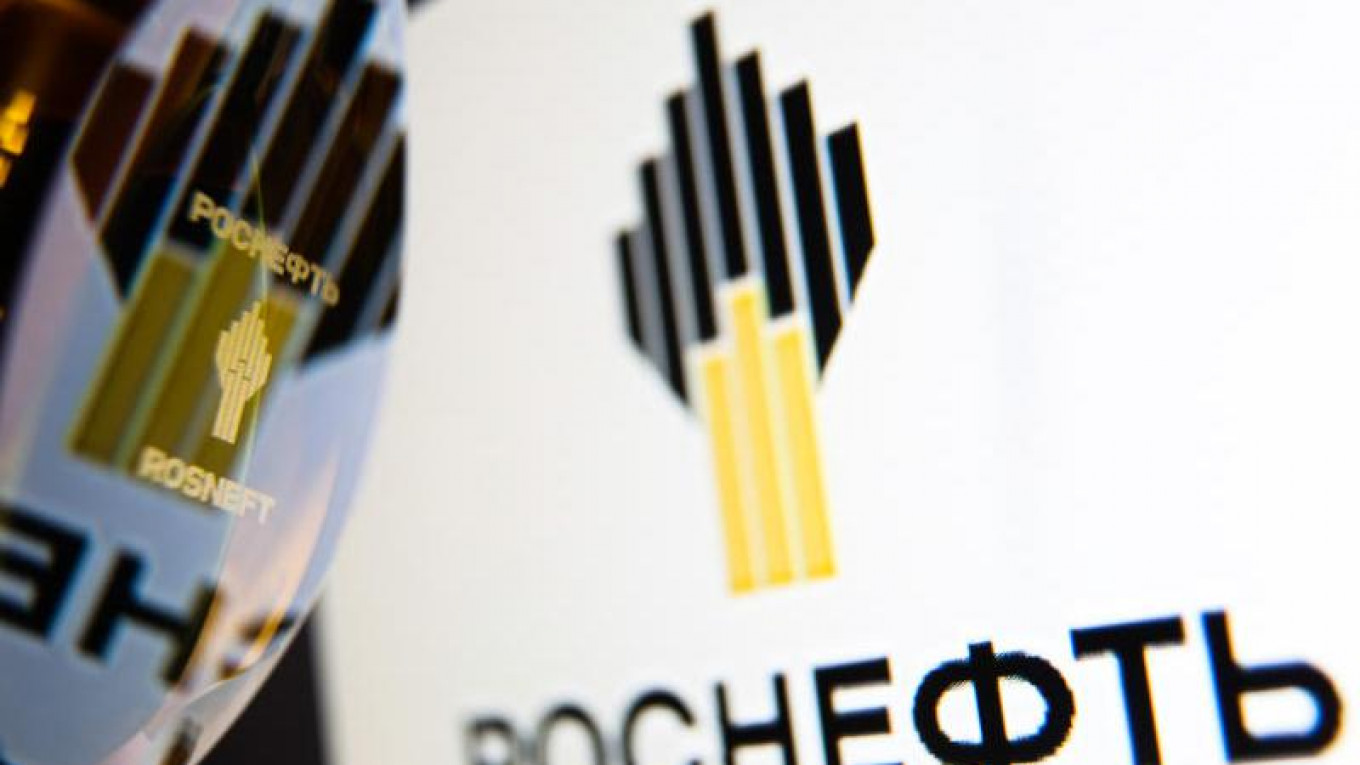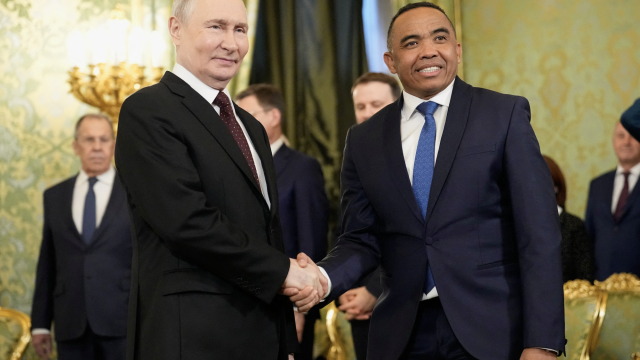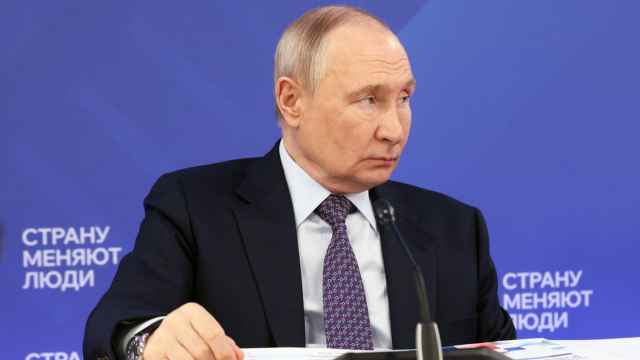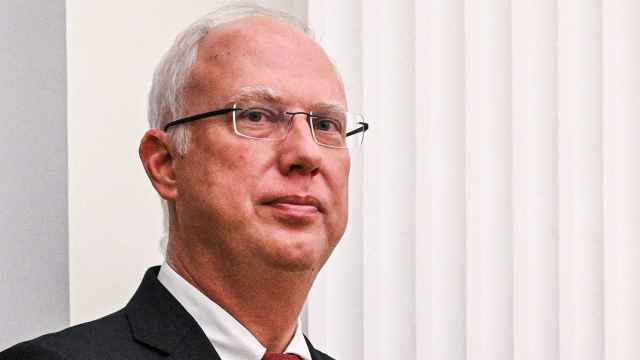Rosneft last week managed to avoid an auction and purchased a controlling stake in another state-owned company – Bashneft. In all likelihood, Rosneft will even buy a 19.5 percent stake of its own shares by the end of the year as well.
President Vladimir Putin has made assurances that everything is fine, that there’s plenty of money available. Indeed, Rosneft lists $22 billion on its balance sheet. That sum covers all of the anticipated transactions.
Putin told skeptics that nobody is intent on building up state capitalism and that the move by Rosneft to purchase its own shares is only an intermediate step to put much-needed cash in government coffers.
Rosneft will then turn around and sell that 19.5-percent stake at a profit to investors, the president said. As for the sale of the Bashneft stake, Putin said that Rosneft offered so much money for it that even he was surprised – and, of course, he couldn’t deny the government a chance to earn so much cash.
Rosneft head Igor Sechin is frequently criticized for his non-market military style of management. But nobody can fault him for missing a trick this time. First, Rosneft actively broadened its base, then managed to sell off part of its reserves and future production while retaining control of its projects and pocketing approximately $20 billion in 2015-2016.
Now Rosneft can use that money to bail out the government, keep growing in size, gain a little more freedom from government control, and, when the price of oil rebounds, do what any good business does – earn a killing by selling off shares at much higher market prices.
Of course, no other Russian investor could have offered the same buying price for Bashneft, and the government would apparently be hard pressed to find anyone who could buy the Rosneft stake for a befitting price, and so Igor Sechin stepped in to put things right.
Of course, the government still helped Sechin indirectly. State-owned companies have contributed an increasing share to Russia’s gross domestic product over the past 10 years, reaching a staggering 70 percent of GDP in 2015. After steadily and deliberately snuffing out the market and then running head-on into international sanctions, the government now has to borrow money from itself, buy up its own assets, and even haggle and cut deals with itself.
But everyone is happy now: money is flowing into the budget and Rosneft is sitting pretty. And it turns out that those people who, two whole years ago, predicted that the nationalized Bashneft stake would end up in the Rosneft portfolio were unnaturally prescient.
The main thing now is that the skeptics among Bashneft’s minority shareholders turn out to be wrong. They are predicting that, in place of the buyout offer they would normally receive from Rosneft, Sechin will cheat them out of any profits, the same way he once told Rosneft shareholders who complained about never receiving any dividends, “It’s all our money.”
And nothing could be neater than the plan for Rosneft to buy up its own shares. However, a problem might arise, as one lawyer speculated, if Putin decides to sell that Rosneft stake to, say, Japan, in return for a Japanese concession on some important issue.
In that case, the state would end up helping Rosneft turn a profit on its own shares (even though the federal budget could have earned that money), and offset the high buying price for the Bashneft stake – even though that price was ostensibly the main reason the government agreed to the deal in the first place.
A Message from The Moscow Times:
Dear readers,
We are facing unprecedented challenges. Russia's Prosecutor General's Office has designated The Moscow Times as an "undesirable" organization, criminalizing our work and putting our staff at risk of prosecution. This follows our earlier unjust labeling as a "foreign agent."
These actions are direct attempts to silence independent journalism in Russia. The authorities claim our work "discredits the decisions of the Russian leadership." We see things differently: we strive to provide accurate, unbiased reporting on Russia.
We, the journalists of The Moscow Times, refuse to be silenced. But to continue our work, we need your help.
Your support, no matter how small, makes a world of difference. If you can, please support us monthly starting from just $2. It's quick to set up, and every contribution makes a significant impact.
By supporting The Moscow Times, you're defending open, independent journalism in the face of repression. Thank you for standing with us.
Remind me later.






